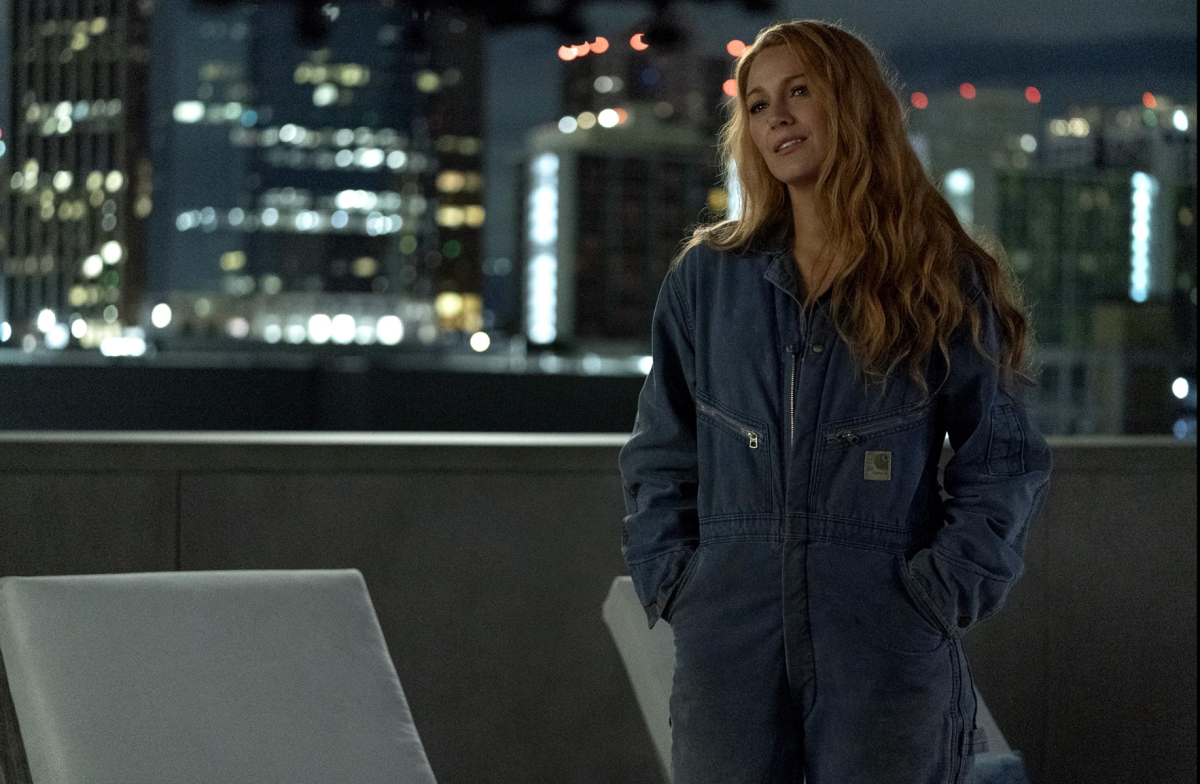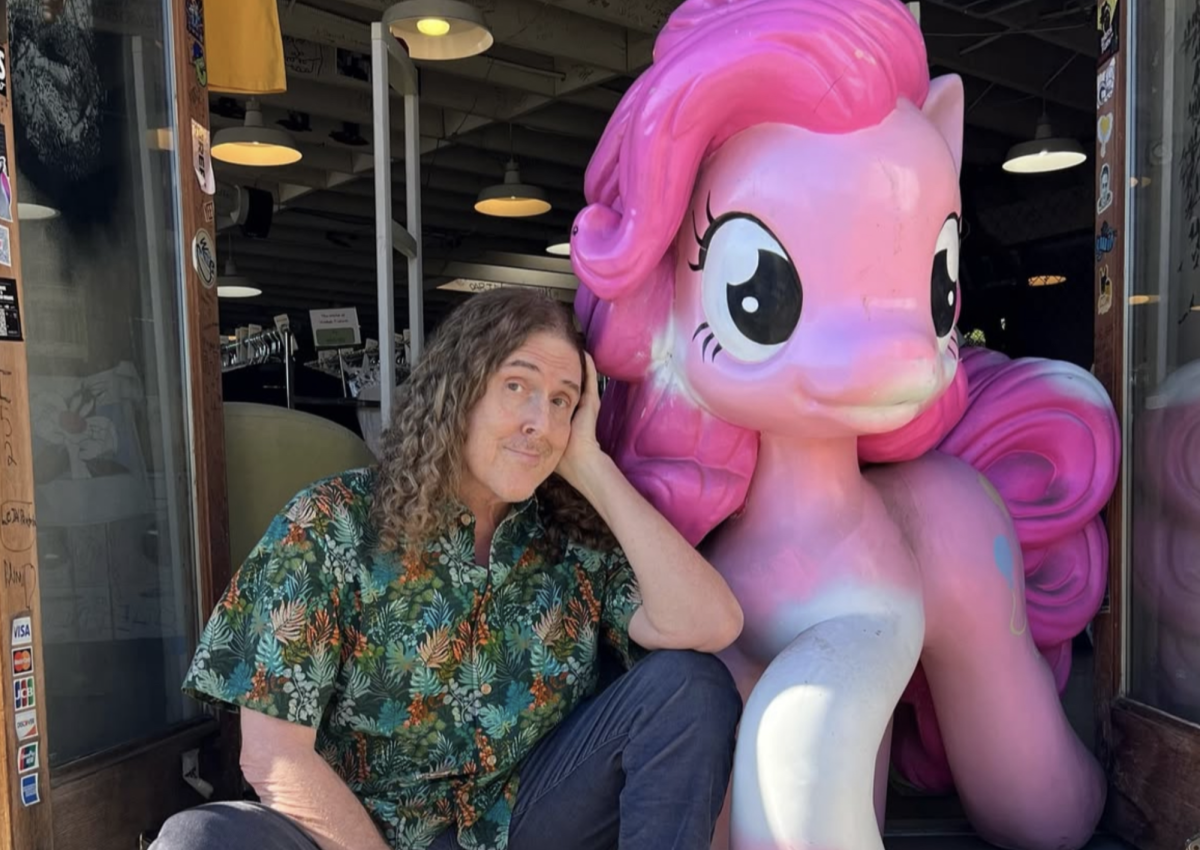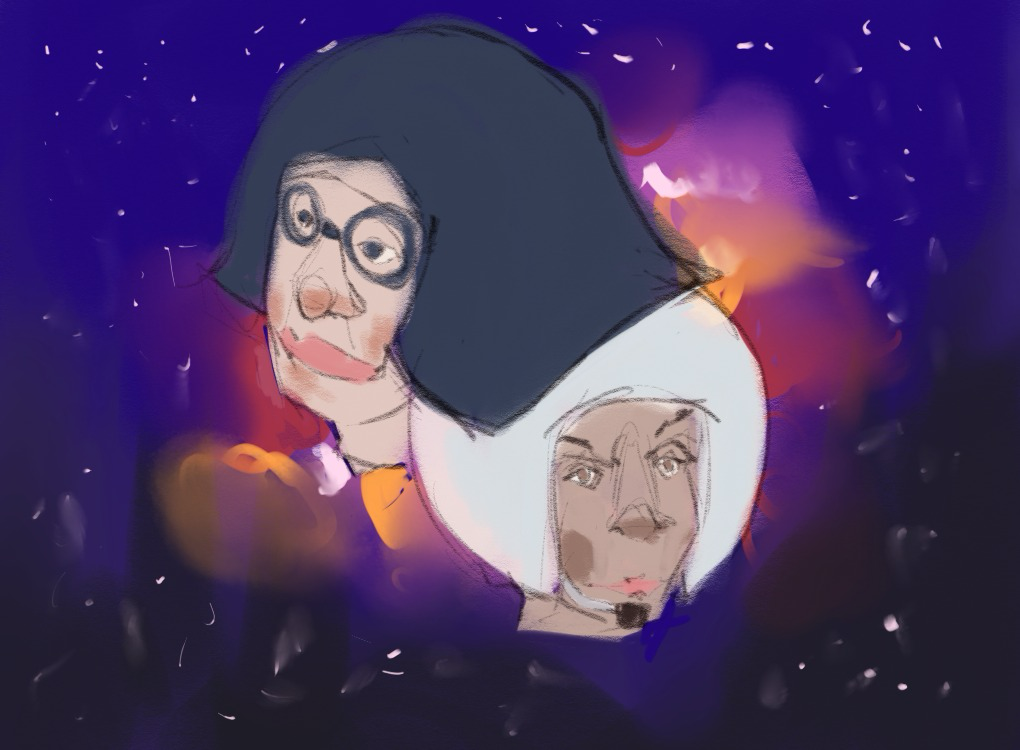When it comes to the celebrity culture of today, it feels like we are perpetually being force-fed information. From sponsored Instagram content to constantly cycling TikTok trends to the never-ending ET! press tours, the Western media complex is unfailing in making sure everyone is watching the latest film, tweeting about the hottest TV show or listening to the newest album. All too often, we place complete strangers on a pedestal, and some even spend hours defending them online or proclaiming how “they’re not like most celebrities” because they donated to this cause or spoke out for this initiative, encouraging cyclical and parasocial relationships. In a globalized, chronically online world, everyone is “in the know.” Yet, most of us don’t actually know anything.
Authenticity is rare in the world of gleaming starlets and deliberate photo-ops in the glamorous, planned optics of Hollywood. Because of that, every celebrity scandal becomes highly publicized yet deeply private. The constant dramatization of personalities and interactions within celebrity drama through news outlets works to both distance and bring audiences closer to the ever-coveted truth. Everything becomes a story to us, with the good guy and the bad guy. However, in reality, life is never that simple. There is a reason objective, unbiased and scientific tools of judgment exist, such as courts of law, which are meant to holistically evaluate two parties who are often both at fault.
More insidiously — in today’s world where public opinion acts as judge, jury and executioner — a certain narrative persists, one which often unfairly forces blame on public female figures. It’s the result of a culture that paradoxically praises and abhors femininity, one which is obsessed with hating on female sexuality, urging women to be simultaneously independent and loveable, powerful and kind, trail-blazing and ordinary. This continued marginalization is rampant and historic, from the sexualization of Marilyn Monroe and Monica Lewinsky to the demonization of Winona Ryder when she was caught shoplifting, Janet Jackson’s “act of deviance” and Britney Spears’ mental health struggles. Like any good narrative, each version has its tropes: the damning seductress, the child actor who gained fame too early gone wild, the Jezebel who flaunts her femininity and so on.
Now, in the 2020s, a new kind of “bad” woman is emerging: the kind that is embroiled in a legal frenzy, loud and unafraid to point the finger first, flawed and just plain annoying. The Amber Heards of the world, victim to a mentality left from a society that live-streamed the Depp v. Heard trials on abuse to cruelly make TikTok edits and memes, a movement speared by the idea that women are always lying when it comes to assault. Reactionary mechanisms from a planet living through its fourth wave of #MeToo feminism as well as a surge of true-crime conspiracy, the rhetoric of these narratives equips everyone to place the blame in complex situations on the woman.
The latest target of this misogyny is Blake Lively, who — after a questionable PR campaign about an even more questionable movie on domestic violence — sued director and co-star Justin Baldoni for sexual harassment, after which Baldoni counter-sued Lively, husband Ryan Reynolds and The New York Times for defamation.
Subpoenas, emails, texts and lawsuits were recently leaked in the Blake vs. Baldoni saga. Instead of visual footage of a courtroom, audiences poured over thousands of pages of documents or, more accurately, read an abridged summary of thousands of pages of documents. Just like the Depp v. Heard case, consciences and actions are murky, with both sides accusing each other of a variety of different things. And just like in the Heard case, people love to hate on the woman, from Lively’s mannerisms to her hair to her jokes.
I am not trying to advocate for who to “root” for, but I hope to remind people that it is hard to gauge people’s actions on your phone. We must give both parties privacy and the courts the space to deal with this legally. Being a public star doesn’t translate to being a public spectacle.













